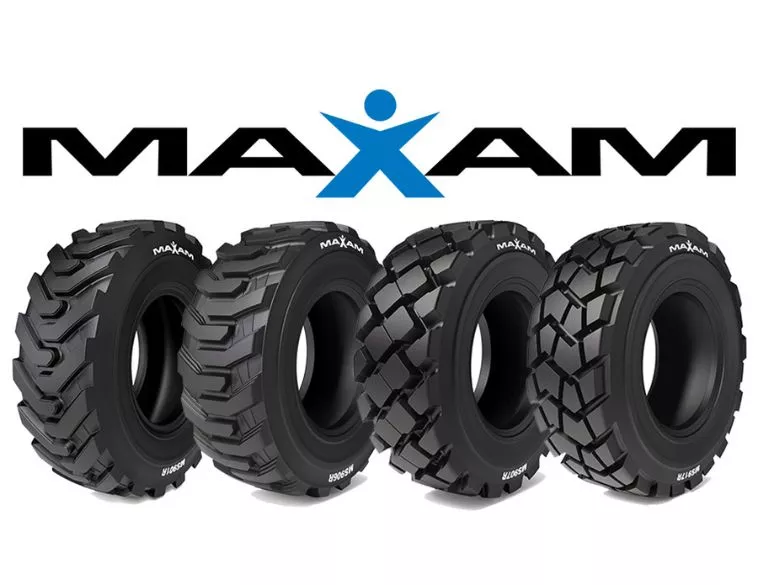Process & Procedures: The Importance of Audit Reports

Conducting these assessments regularly can have a major positive impact on your fleet.
Keeping a firm grip on your fleet’s safety record is an important task for fleet managers. If you have only thought about it casually before, it’s time to give this your full attention.
[caption id="attachment_420914" align="aligncenter" width="600"] Regular audits help ensure accountability and safety for commercial carriers. Credit: Daimler[/caption]
Regular audits help ensure accountability and safety for commercial carriers. Credit: Daimler[/caption]
Provincially mandated
The National Safety Code mandates provinces to set safety standards for commercial vehicles and drivers. Fleets with vehicles weighing more than 4,500 kilograms (5,000 in British Columbia) in all provinces must register as a “commercial carrier” with their regulatory authority. These have a variety of names: Commercial Carrier Safety Fitness Rating in Nova Scotia; Commercial Vehicle Operators’ Registration System in Ontario, and so on.
Four main obligations
An organization can have only one registration permit, unless it has buses as well as trucks in which case the bus fleet can have a separate permit. The fleet manager often has responsibility for compliance by default.There are four main obligations of every commercial carrier.
- Know the regulations, including hours of service rules for drivers.
- Maintain your commercial vehicles properly for safe operation.
- Ensure that only competent and qualified drivers operate your commercial vehicles.
- Establish policies for hours of service, vehicle maintenance, safety programs and monitoring.
A fleet registering for the first time has a safety rating of “Satisfactory-unaudited” (the most common term although it may vary slightly in different provinces). There are a number of defined events that can degrade the safety rating to “Conditional” or “Unsatisfactory”. Violation tickets issued to drivers, roadside vehicle inspections that find a safety defect, at-fault vehicle collisions and audits by enforcement officers can all result in demerit points on the carrier’s official record. An “unsatisfactory” safety rating can result in the carrier being deemed an unsafe operator and prohibited from operating commercial vehicles.
Limitations equal disaster
Clearly any limitation on fleet operations has devastating consequences for the organization. Knowing the status of your official safety rating and what events caused the accumulation of demerit points is a critical fleet management task.
Obtaining the official record from your provincial government is a first step. You may not be aware of traffic act violations because your drivers have not reported them. For example, a driver may have not paid a fine and later had his driver’s licence suspended. This will result in points charged to your carrier record without your knowledge. Also, your carrier record may contain incorrect entries, such as another carrier’s driver violations being charged to your record. It is the carrier’s responsibility, not the Ministry’s to ensure that records are accurate.
Mock audits
In my experience the best action to take to manage your safety rating is to do a mock audit every year, and present the results to senior management. If you are knowledgeable about the carrier safety regulations you can do this yourself. Alberta Transportation has a National Safety Code quiz on its website alberta.ca/commercial-driving to help your review. But most fleet managers will have an outside consultant perform the audit to ensure impartiality and transparency in the results.
The audit should cover the current safety rating, driver records, maintenance procedures, driver training and hours of service compliance. There is no place for denial, fudging or fear in the audit report. Just the opposite: a mock audit is an inexpensive exercise to ensure that action will be taken, responsibility is clear and that you have made one of the organization’s top priorities one of your own success stories.




